What is Gamification: benefits and examples

Gamification is the great technological trend that takes entertainment and fun beyond video games, even reaching the business world.
Virtual Reality in education: features and benefits

Education in the 21st century is unthinkable without technology. New learning methods, online educational platforms, multimedia content, remote classes, mobile devices connected to the Internet... have arrived in the classroom to stay.
Steps to integrate Virtual Reality in companies

If there is a technology that is trending in the business world, it is Virtual Reality. A priori, everything that encompasses this technology is unconsciously related to the leisure and entertainment industry.
Digital Twins through Extended Reality
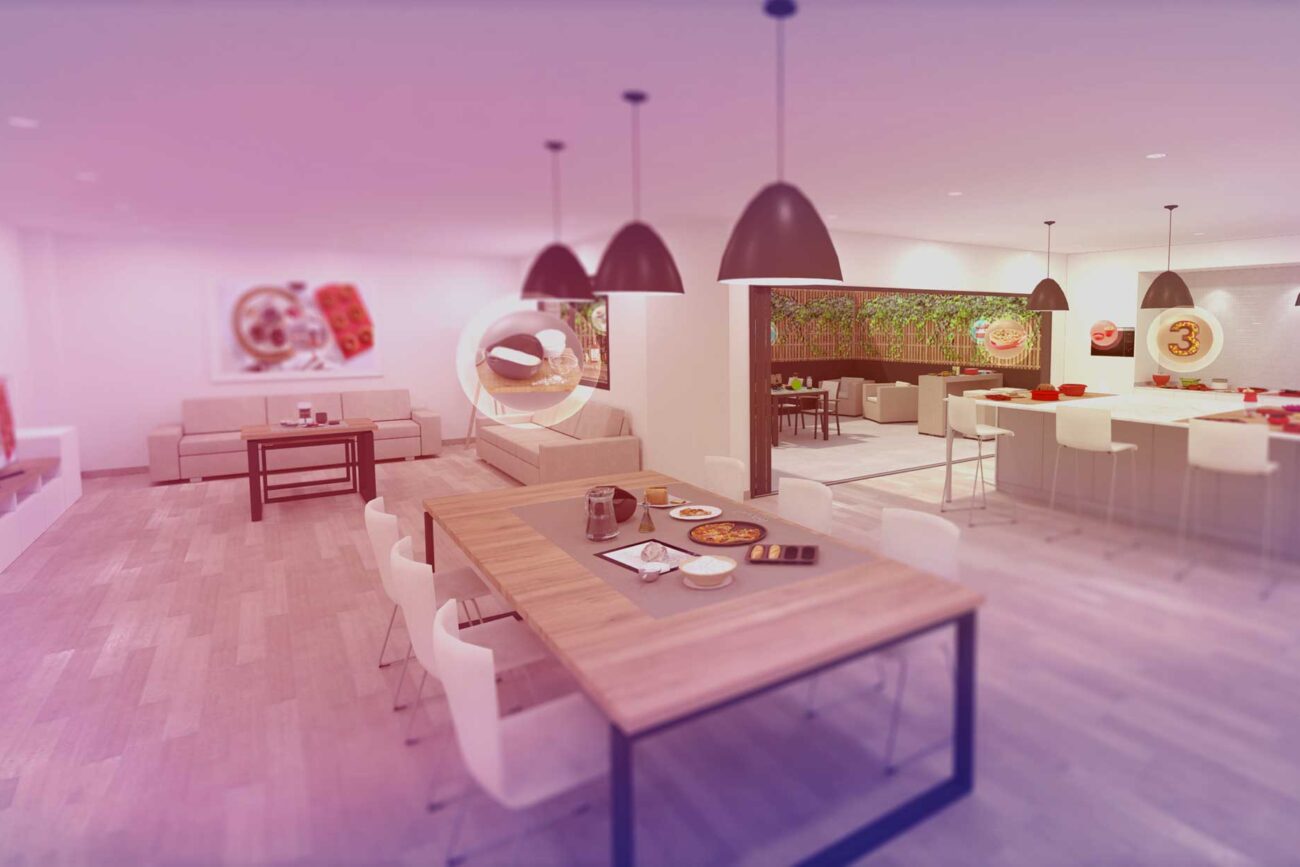
We are currently immersed in a new industrial revolution. If the first revolutions came with the railroad and the steam engine, the fourth (and fifth) industrial revolution comes with the digitalization and automation of industrial plants.
Virtual Reality and medicine
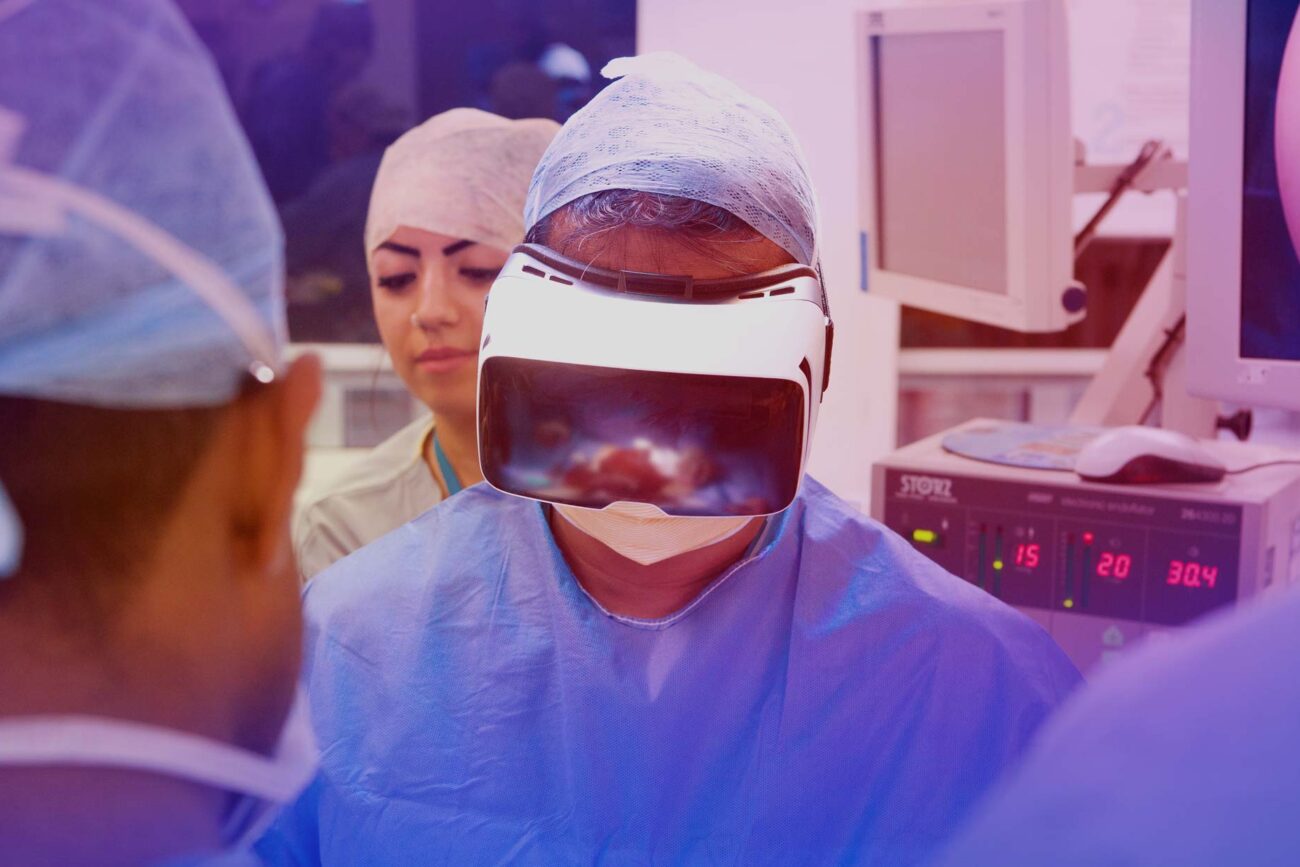
Immersive technologies such as Virtual Reality or Augmented Reality have marked a before and after in video games, marketing, advertising and even tourism.
Augmented Reality in Museums: Applications and Advantages

Augmented Reality in museums is in constant development thanks to its attractiveness, here we explain its main applications and advantages.
Augmented Reality applications in tourism
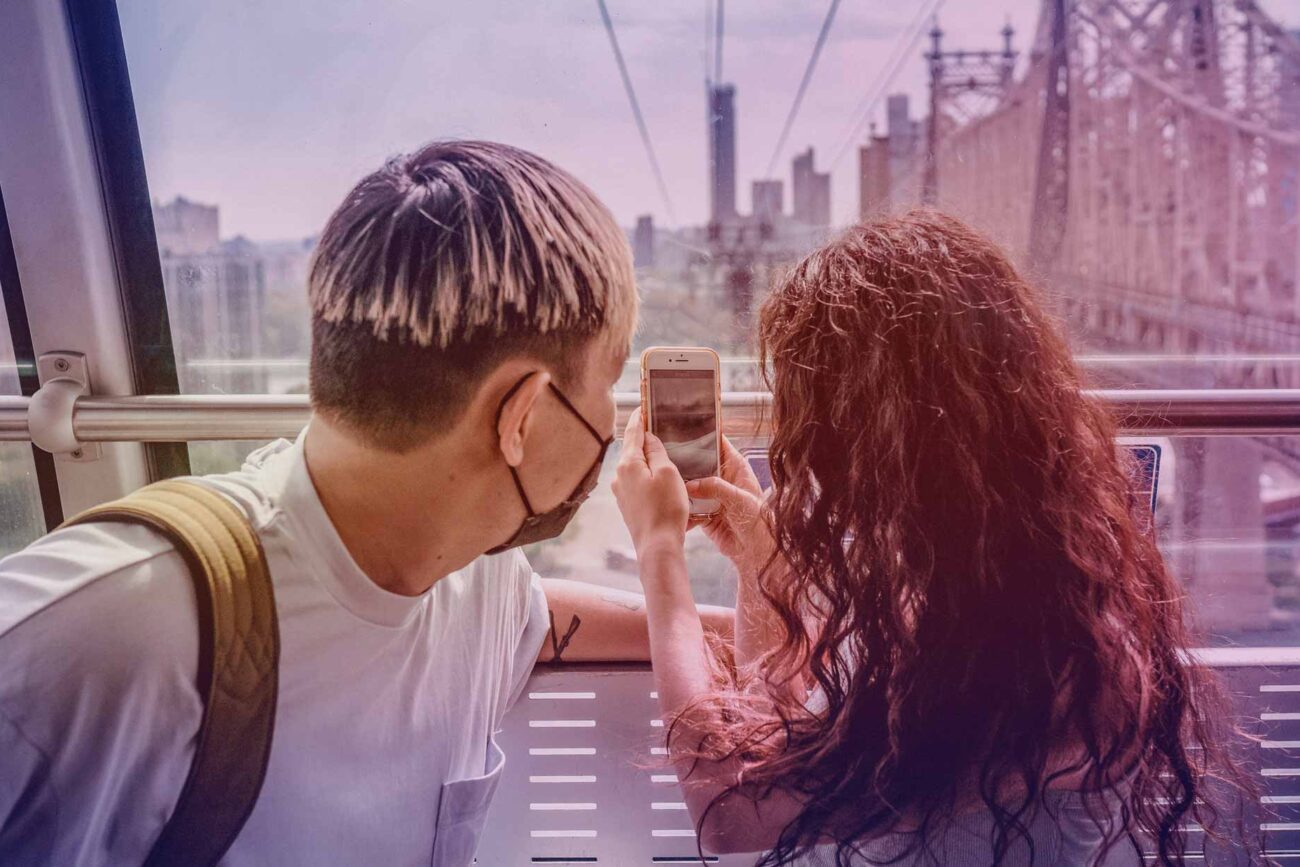
The change of strategy from Facebook to Meta has mobilized the national and international technology sector to direct all efforts to build what has become the great technological trend for the coming years: the Metaverse.
Mixed Reality: Definition, characteristics and examples
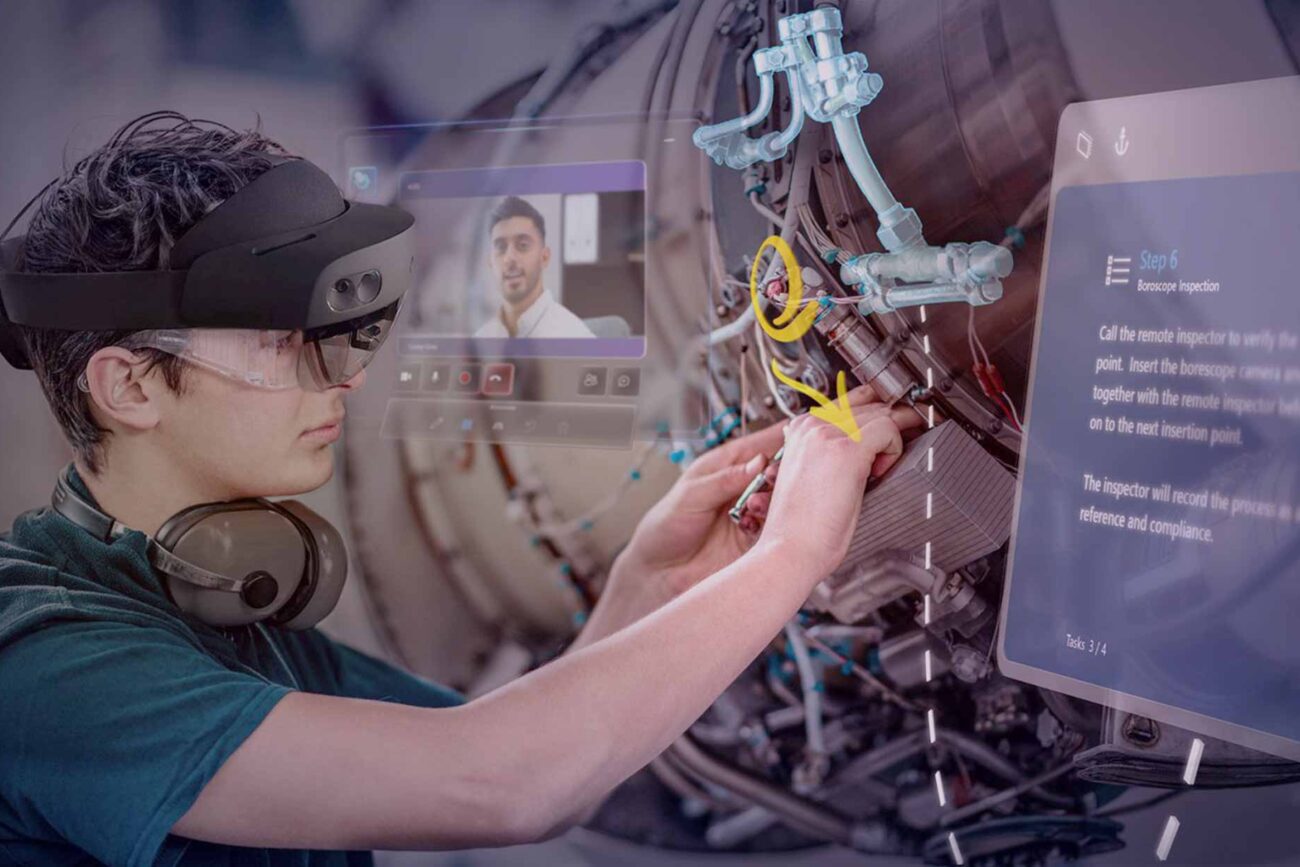
First there were central data processing systems, then personal computers, then smartphones. Now, we are at the beginning of the new wave of computing: Mixed Reality.
Advantages of the Metaverse in companies
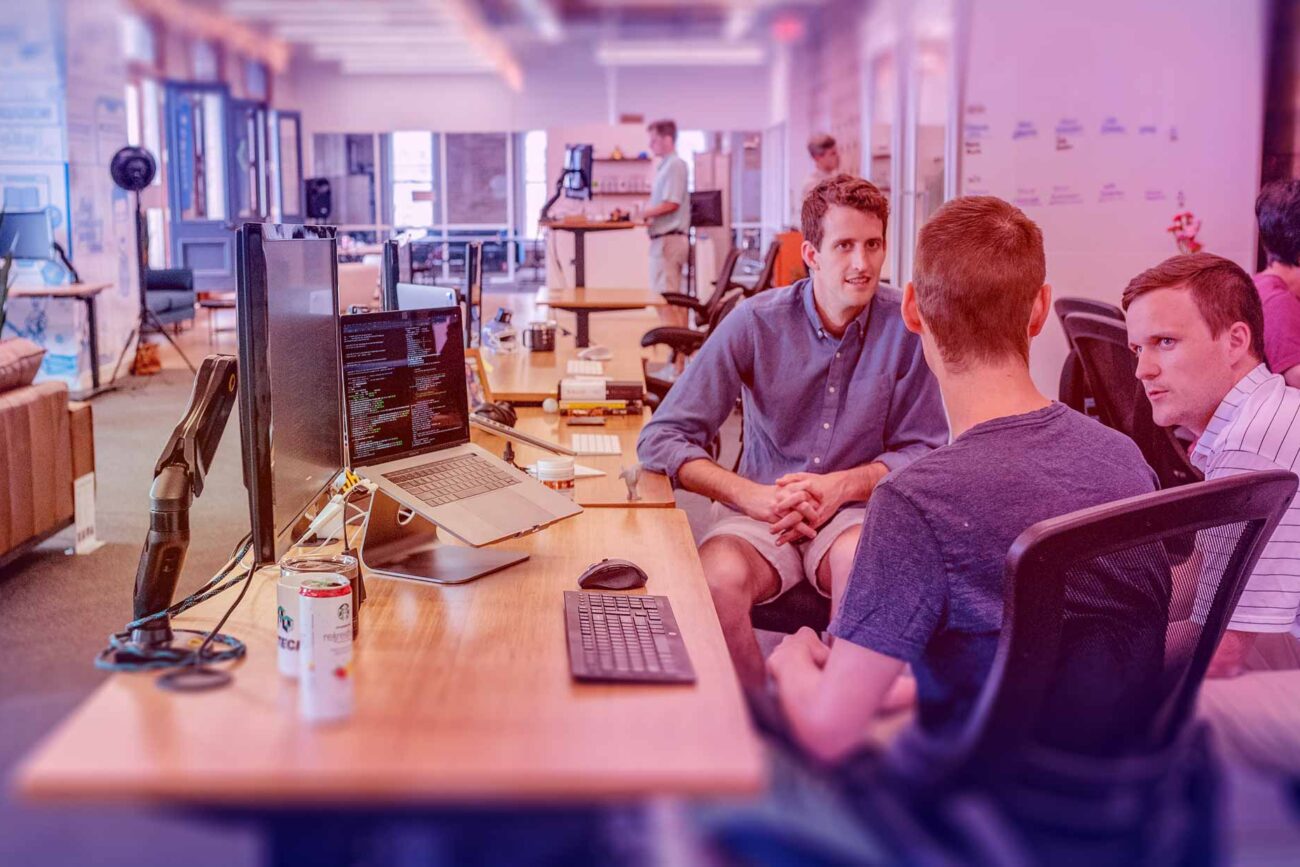
The change of strategy from Facebook to Meta has mobilized the national and international technology sector to direct all efforts to build what has become the great technological trend for the coming years: the Metaverse.

